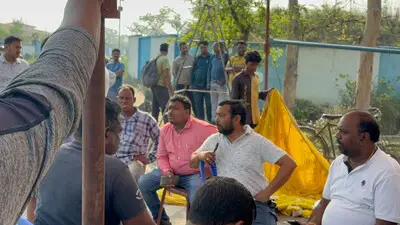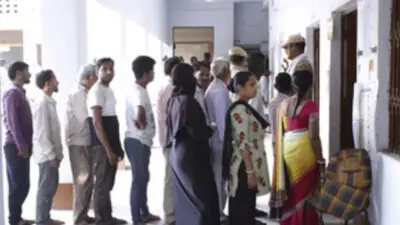Recommended Stories
The apex court gave the ruling while upholding an appeal by the Kerala government challenging the state high court`s fiat for construction of large number of bus bays and acquisition of land all over the state for setting up special roadside parking zones to prevent recurrent accidents.
"Such general directions of wide ramifications ought not to have been given in such proceeding... the facts which are relevant and germane for issuance of such directions were not before the court," said a bench of justices R M Lodha and H L Gokhale, in a judgement.
The Kerala government had appealed in the apex court challenging the high court`s September 17, 2008 order, directing it "to provide sufficient parking space for vehicles on road side, if required, by acquiring land, which should also be done within a time frame, even though we do not fix any specific time for this."
The directions were passed while dealing with the compensation claim of the family of one P C Krishnakumar, a motorcycle pillion rider, who died after his bike rammed into a truck allegedly parked on roadside without sufficient indicators at Puthusserichellakkadu, on the Coimbatore-Palakkadu National Highway.
Though the high court had given five directions to the state, the apex court found fault with the third and fifth directions, given for constructing bus bays throughout the state and providing roadside parking bays after acquiring land for the same.
"We are afraid, the directions given by the high court, particularly directions 3 and 5 with which the government of Kerala is aggrieved, could not have been issued. First, the provisions, aforenoted upon which the high court placed reliance, hardly justified the above directions. Second, the high court was hearing an appeal from an award that was confined to the grievances raised by the aggrieved party. Howsoever well meaning the directions may be, yet in the absence of complete facts and materials, the exercise undertaken by the high court was uncalled for and not necessary," the bench said.
According to the apex court, the high court ought to have examined whether it was at all feasible to construct bus bays and make roads with double lane or four lane when they pass through major cities, towns and thickly populated areas.
"The financial aspect viz, the cost of land acquisition and the cost of construction of bus bays throughout the state on its national highways and other roads was also required to be kept in mind. None of these aspects has been examined by the high court. In view of the above, we are satisfied that directions 3 and 5 suffer from serious flaw and cannot be sustained. We set aside directions 3 and 5 accordingly," the apex court said.












